The Zone of Interest
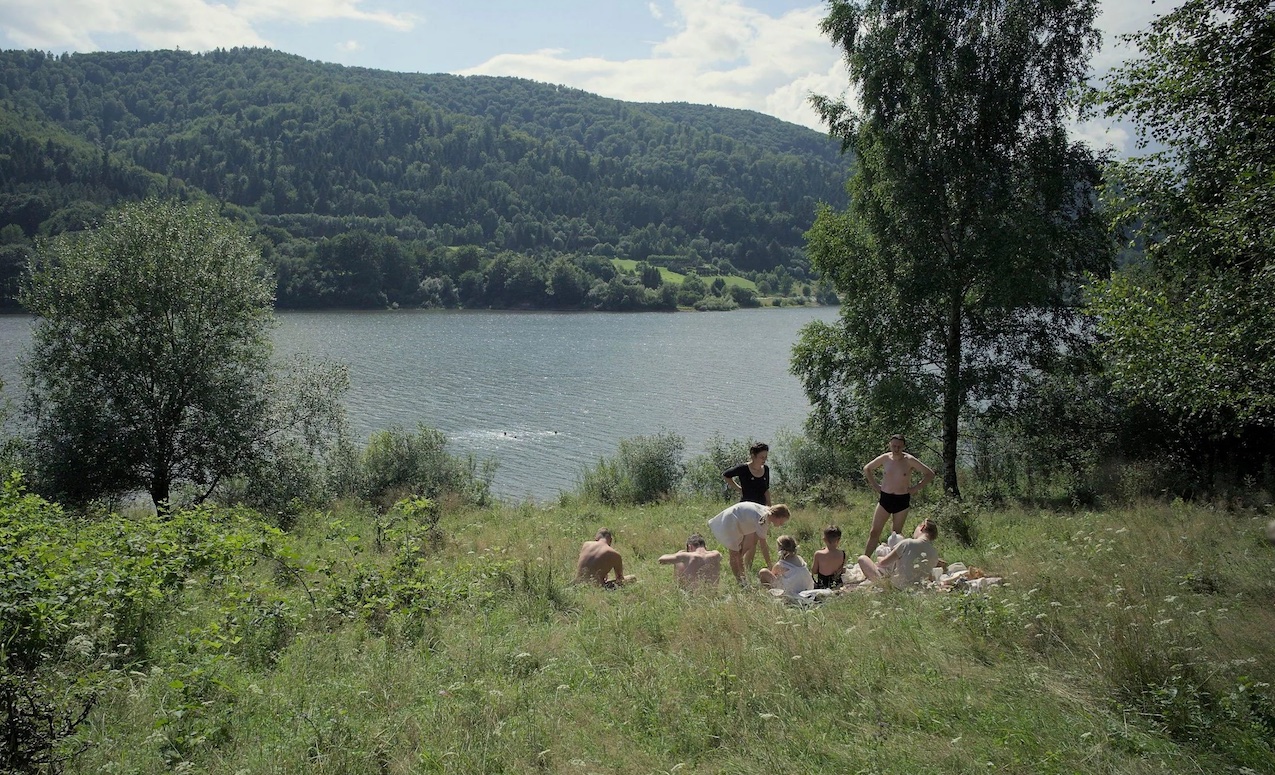
Scratch the surface of most art, and a study of duplexity will reveal itself – a tug of war between the light and the dark that lies within all of us. To get through the day, the functioning ones among us compartmentalise it, preventing its contradictory essence from overwhelming us into paralysis. The Zone of Interest, Jonathan Glazer’s masterfully haunting Auschwitz drama, digs it up and reveals it to chilling effect.
The subjects of this fiercely original and essential excavation are Rudolf and Hedwig Höß (Christian Friedel and Sandra Hüller). The longest serving commandant of Auschwitz concentration and extermination camp and his wife have, for three years, been building a picturesque, consummate ideal of domestic and professional life: a quaint house full of happy children, tethered to a garden flourishing under the attention of a dutiful matriarch. On the garden’s perimeter stands a wall that separates the property from the camp itself – heaven and hell splintered by mere inches.
The Höß family’s concerns are of an alarmingly human nature. Hedwig frets over the children, shoos the dog away from the flower beds and worries about the dream she has realised with her husband being torn at the seams as a result of Rudolf’s imminent transfer away from Auschwitz. Glazer never plants the camera on the other side of the dividing line, but lets us hear the screams that fall upon the deflecting ears of the family, and seeps the hellish glow of the camp’s incinerators through a child’s bedroom curtains at night.
In lieu of explicit depictions of the horrors that unfold mere metres away under the supervision of Höß, Glazer’s instinct for a cinematic gut-punch that speaks to a kind of suppressed, innate understanding – even familiarity – with the dark annals of the human experience, thickened immeasurably by Mica Levi’s extraordinary, jarring score, drips the horrors of the Holocaust through the layers of the film. Łukasz Żal’s razor-sharp cinematography eschews traditional period aestheticism, showing early 1940s southern Poland as if it were a methodically oblique, dystopian satire, à la Jessica Hausner’s Little Joe, bringing into sharp focus the fact that these people are humans who could walk among us today, not relics of a dark age, or monsters who can unzip their fleshy frame to reveal a hideously distorted beast in keeping with their morality. Born in different circumstances, any one of us could plunge to such depths. It’s a deeply upsetting reality that The Zone of Interest approaches with profoundly effective, provocative craft.
The film’s thematic intentions recall David Ansen’s 2005 review of Oliver Hirschbiegel’s Downfall, an excerpt of which reads, “Does Downfall ‘humanise’ Hitler and his henchmen, as its critics have complained? Yes, and it should: to pretend these villains were less than human is to let ourselves off the hook, to take the easy and dangerous exit of demonology. Downfall puts the horrors of the past in the vivid present tense, and makes it resonate anew.”
Matthew McMillan
The Zone of Interest does not have a UK release date yet.
Read more reviews and interviews from our London Film Festival 2023 coverage here.
For further information about the festival visit the official BFI website here.





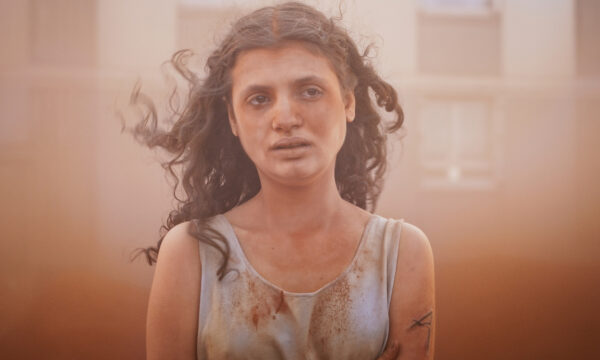
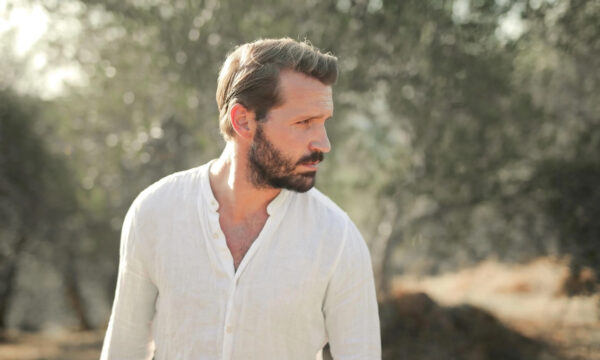
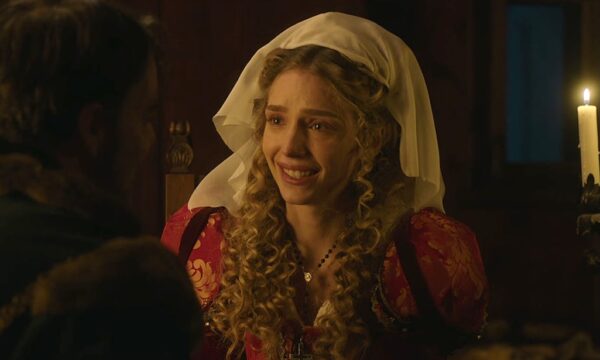
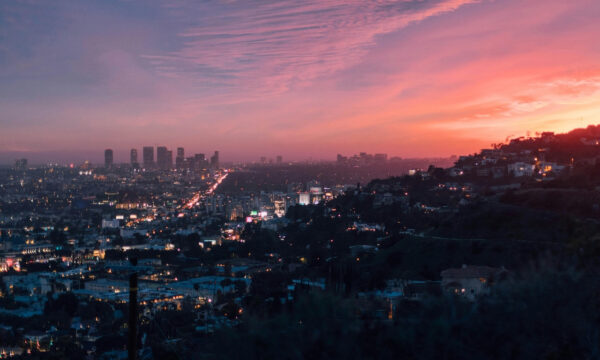
















Facebook
Twitter
Instagram
YouTube
RSS